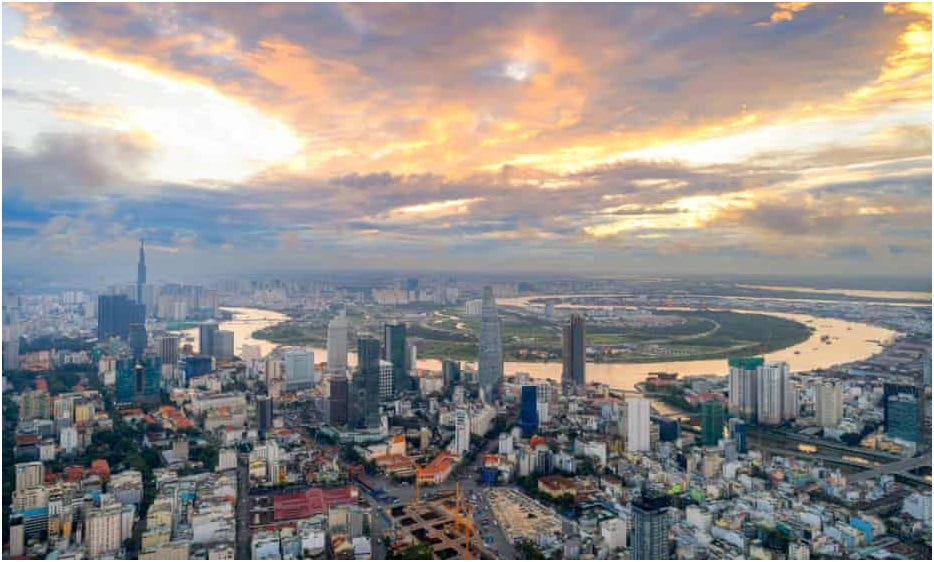Ho Chi Minh City Looks to Get its Own Back
First the crooks must go
By: David Brown
The historically testy relationship between Vietnam's national authorities and those who govern the nation's southern megalopolis, Ho Chi Minh City, appears to be moving onto a more productive track after decades of squabbles over finance.
The city, has 10 percent of Vietnam's population but generates 22 percent of Vietnam's GDP. It is no…
Keep reading with a 7-day free trial
Subscribe to Asia Sentinel to keep reading this post and get 7 days of free access to the full post archives.

